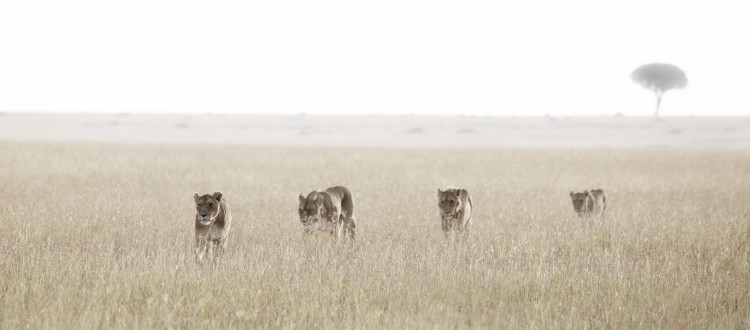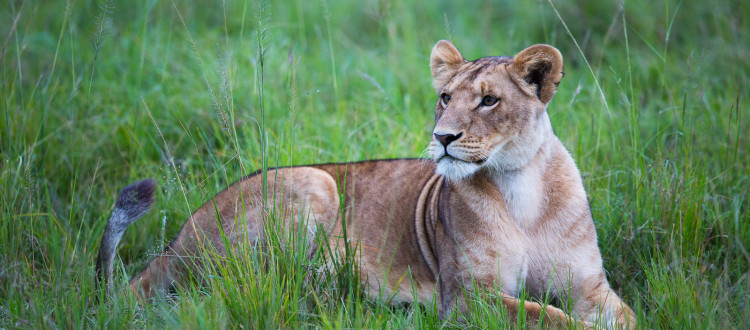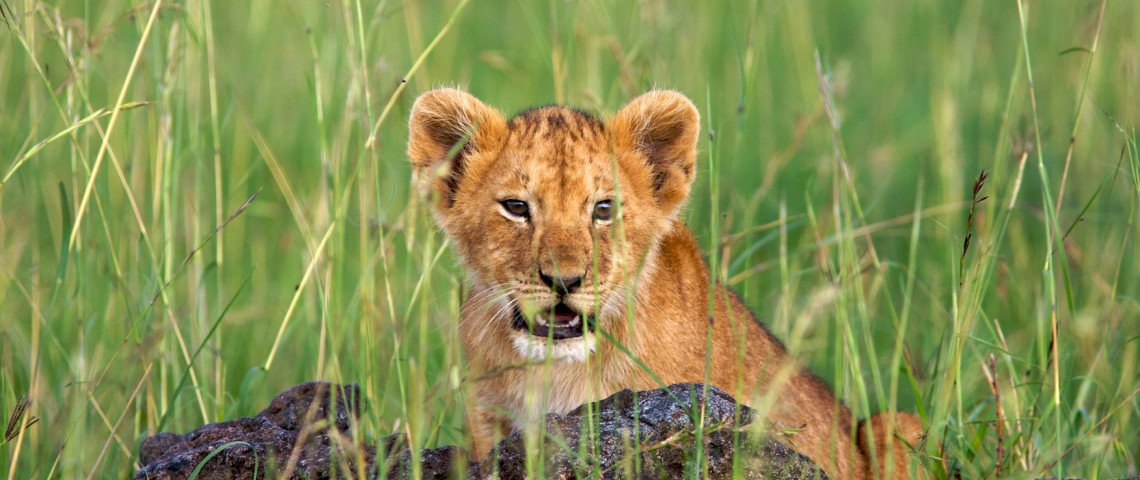Asilia joins Anti-Captive Predator Breeding Campaign
By ClarissaHughes, Asilia’s Positive Impact Coordinator.
The issue of captive-bred predators has been highlighted by the documentary film Blood Lions. See our reviewhere.
Appalled at the injustice of hunting habituated animals, as well as the confusing message that captive predator breeders spread regarding conservation, Asilia has joined the call from leading tourism companies for its abolition.
Wild lions are in crisis across Africa. Their numbers have plummeted by 90% in the past 40 years, leaving as little as 20,000 on the continent. There are as many rhinos as there are lions left. The species has taken a massive hit that it cannot sustain.
AsiliaAgainst Captive Breeding
As an eco-tourism company that benefits from wild lions, we feel that we need to stand up for, and protect, a species being subjected to the negative outcomes that captive breeding represents.
[gdlr_quote align=”center” ]These lions are fed and nurtured by humans from birth in conditions that are cramped and unhealthy. When grown, the animals are put into larger enclosures where they’re still fed by human hands until they’re shot by the same hands. It’s a betrayal of the most awful kind.”[/gdlr_quote]Clarissa Hughes, Asilia’s Positive Impact Coordinator.
Apart from the moral iniquity of the practice, captive-bred hunts are also a threat to wild lions.
There is sufficient evidence to show that captive predator breeding has been the driver behind several incidents of shooting wild, lactating females for the purposes of capturing their cubs for new genetic stock.
Furthermore, unwitting volunteers spend millions of dollars each year to nurture the cubs, making themselves complicit in the reprehensible cycle. This diverts money away from genuine wild lion conservation, which their cousins can ill afford, such as human-wildlife conflict mitigation.
Breeding Farms
Breeding farms also supply the lion bone trade in the East thereby sending a message that conflicts with wild lion conservation. At a recent meeting of African lion Range States in Entebbe, the lion bone trade was identified as a major threat to wild lions.
While captive-bred lion hunting currently occurs legally in South Africa the issue has been taken up internationally. The International Union for the Conservation of Nature has tabled the topic for discussion at its conference in Hawaii in September this year.
Like the Abolitionist Movement and the Anti-apartheid movement, the groundswell against captive predator breeding is gaining traction. Asilia supports this. We cannot sit back. We will continue to spread the word and lend our support to having the practice outlawed.
Tour Operators statement
These companies strongly request that the respective authorities take note of the mounting global opposition tothese practices and begin a process of shutting them down.
The established predator research and scientific community do not recognise any of thebreeders or operating facilities as having conservation merit.In marketing themselves, breeding facilities confuse the conservation messages andpriorities, specifically with lions, which in turn results in a misdirection of vital fundingthat negatively impacts wild lion populations.
There is sufficient evidence to show that their activities put additional pressure on wildlion populations: intensive breeders have illegally acquired new genetic stock from thewild, and the burgeoning lion bone trade remains a risk because of an illegal demand forbones from wild lions.
There is adeep concern about the welfare conditions of the animals kept in these facilities.Canned hunting does not reduce the hunting pressure on wild lions and is unethical.
Furthermore, the companiescommit themselves to the following:
- To not book or otherwise support any breeder or operator that contributes to the cycle ofbreeding, exploitation and senseless killing of predators. This includes all petting and‘walking with lion’ facilities.
- To continue support and promotion of the formal conservation community in theirendeavours to secure the survival of Africa’s predators in the wild. Without wild lions andthe rest of the predator guild extant in functioning ecosystems, there will be no Africantourism industry; a calamitous situation for many economies.
- To continue in endeavours towards wildlife conservation and economicdevelopment across Africa.
- To continue supporting an ethical and responsible interaction with Africa’s wilderness andwild animals.
- To continue promoting Africa as an authentic, wild and rewarding tourism destination.
The post Asilia joins Anti-Captive Predator Breeding Campaign appeared first on Asilia Africa.
More Positive Impact Articles

Electric Vehicles: The Future Of East African Safari Travel?
12 January 2020October 2019 saw the arrival of our first electric, solar-powered safari vehi...

Its Our 15th Birthday: Celebrating 15 Years of Making a Genuine Difference
08 November 2019This year, we're celebrating our 15th birthday and commemorating 15 years of...

World Tourism Awards 2019: Asilia Recognised For Our Positive Impact
01 November 2019The World Tourism Awards acknowledge, reward, and celebrate excellence across...

Supersized Traditional Maasai Necklace
21 October 2019In 2009, we became a founding member of the Mara Naboisho Conservancy and sin...








